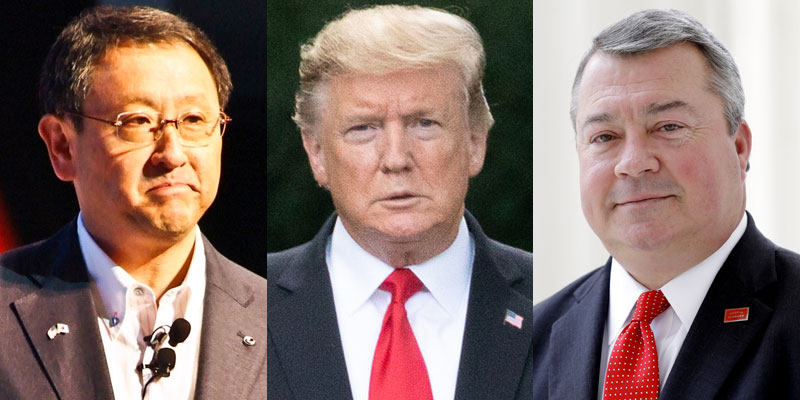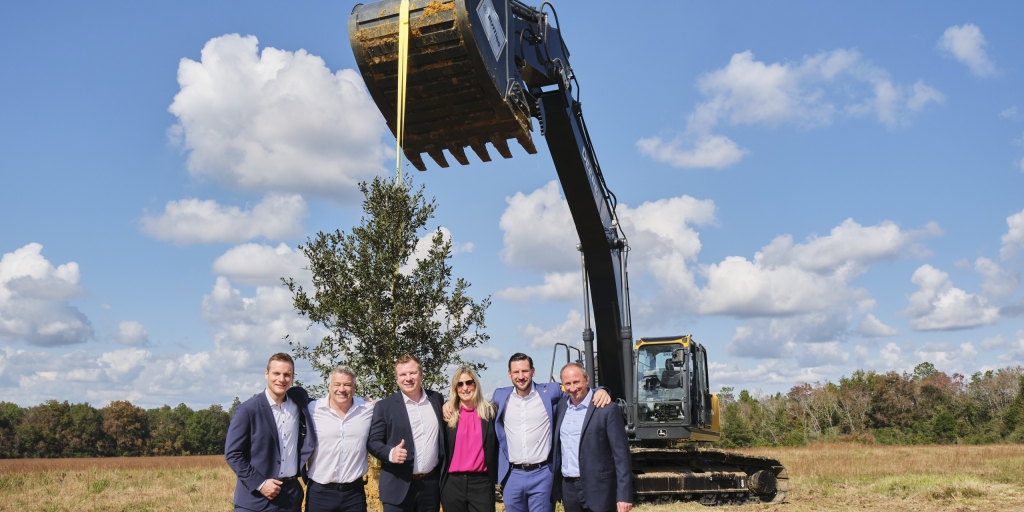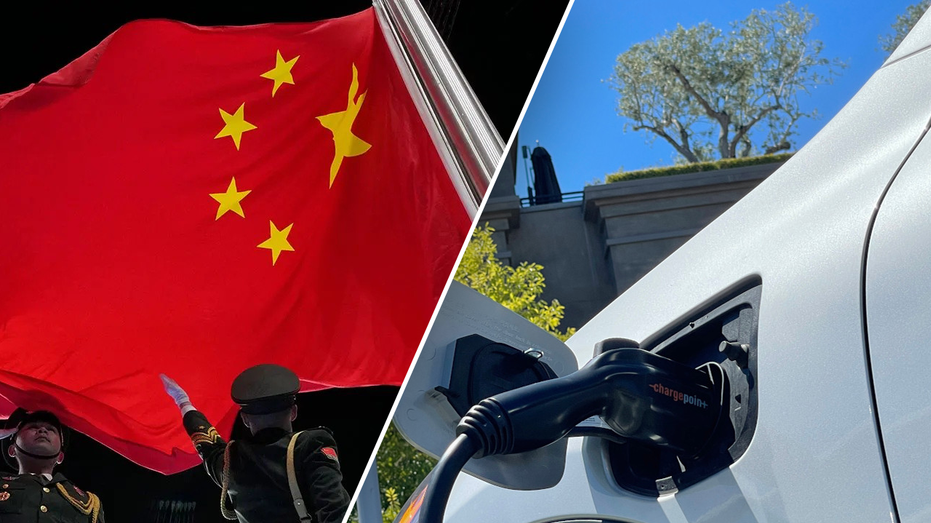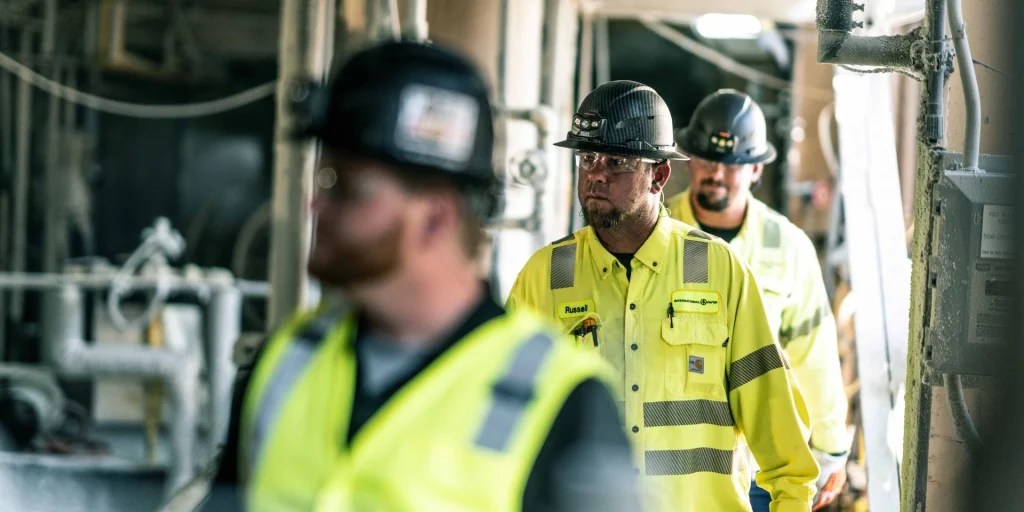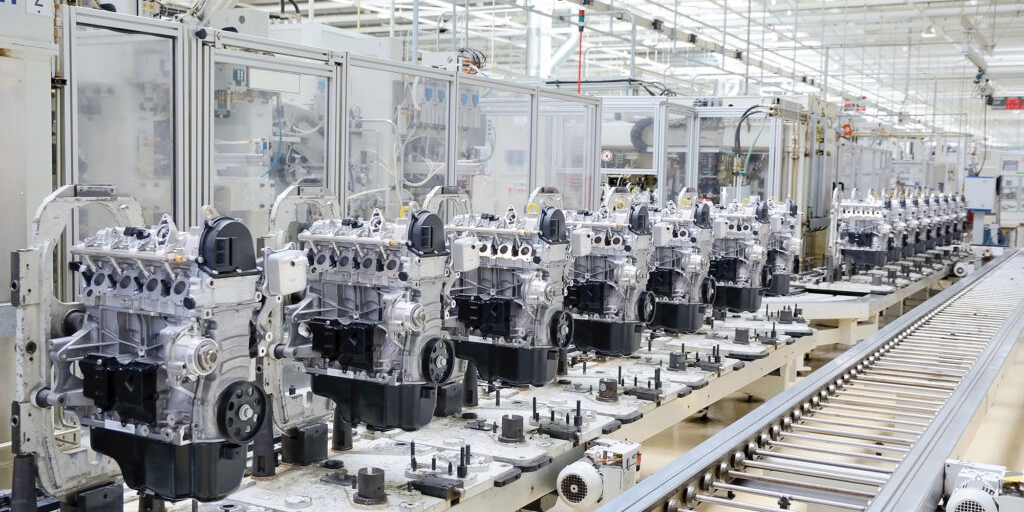President Donald Trump has now concurred with a Department of Commerce Section 232 report that deemed imports of automobiles and automobile parts as a “national security threat,” with the president’s determination seriously worrying Alabama’s automobile manufacturing industry and economic development leaders.
The Department of Commerce report, delivered to Trump on February 17, concluded that imports of automobiles and certain automobile parts threaten to impair the national security of the United States. On Friday, Trump announced that he has completed his review of the report and agrees with its conclusion.
The president has ordered U.S. Trade Representative Robert Lighthizer to open a negotiation process with affected countries like Japan and, if agreements are not reached within 180 days, tariffs could be instituted on auto and auto parts imports from those countries.
Focusing on Japanese automobile manufacturers alone, Alabama is home to a Honda manufacturing facility in Lincoln, and the under-construction Mazda-Toyota joint venture in Huntsville features two Japanese auto giants.
In a statement on Tuesday, Akio Toyoda, who is president of Toyota and chairman of the Japan Automobile Manufacturers Association (JAMA) emphasized that he “is profoundly disappointed by President Trump’s announcement.”
Speaking on behalf of JAMA, Toyoda said, “We are dismayed to hear a message suggesting that our long-time contributions of investment and employment in the United States are not welcomed. As Chairman, I am deeply saddened by this decision.”
“For JAMA member companies, providing the best possible vehicle options for our customers is our top priority. We now have 24 manufacturing plants, 45 research-and-development/design centers, and 39 distribution centers in 28 states, and have cumulatively invested approximately $51 billion in manufacturing facilities alone,” he outlined. “It is also important to remember that, even during the Great Recession, JAMA member companies made great efforts to maintain employment, and currently we provide more than 93,000 direct American jobs. According to a new study, a total of over 1.6 million jobs (including intermediate and spin-off jobs) in the U.S. are supported by Japanese automakers. These numbers speak for themselves about JAMA member companies’ long history of local contributions and commitment as U.S. corporate citizens, and we are certain that neither imported vehicles and parts nor our American operations ‘threaten to impair’ the U.S. national security.”
Toyoda also warned that potential moves like tariffs down the line from the United States could have major consequences for places with large auto industries like Alabama.
“Any trade restrictive measures would deliver a serious blow to the U.S. auto industry and economy, as it would not only disadvantage U.S. consumers, but also adversely affect the global competitiveness of U.S.-produced vehicles and suppress company investments in the U.S,” Toyoda advised.
He continued, “We believe that free and fair trade as well as a competitive business environment based on international rules support the global competitiveness of the U.S. auto industry, leading to consumer benefits and sustained growth of the U.S. economy.”
“JAMA member companies strongly hope that President Trump understands our desire to further contribute to the U.S. economy and employment and that the dialogue between the governments of Japan and the U.S. leads to an outcome that supports the development of the auto industries and economies of both nations,” Toyoda concluded.
In a statement to Yellowhammer News, Alabama Secretary of Commerce Greg Canfield said “the U.S. Department of Commerce’s Section 232 findings… set the stage for tariffs that threaten to seriously disrupt the operations of” the state’s auto manufacturing operations “and put Alabama jobs on the line.”
Canfield explained, “Automakers based in Europe and Japan have made profound contributions to Alabama’s economy through significant investment and job creation that has enriched families and communities. Mercedes-Benz opened a manufacturing facility in Alabama 22 years ago; today, that complex has seen nearly $6 billion in investment and is home to thousands of jobs. Between them, Honda and Toyota have invested well over $3 billion in their Alabama manufacturing operations and employ more than 5,000 people in Alabama. Toyota and Mazda are currently investing another $1.6 billion to open an auto assembly plant in Alabama with 4,000 new jobs. Auto suppliers for these automakers have also invested heavily in operations in Alabama — and they continue to do so.”
“Over the years, Alabama has formed strong partnerships with these automotive companies,” he added. “We’ve also made many lasting friendships with industry leaders, including Akio Toyoda, president of Toyota Motor Corp., who personally came to Alabama’s capital to announce the Mazda Toyota Manufacturing USA assembly plant in 2018, and the top leadership at Honda and Mercedes.”
“We regret to see these relationships imperiled by the U.S. Department of Commerce’s Section 232 findings that set the stage for tariffs that threaten to seriously disrupt the operations of these Alabama manufacturing operations and put Alabama jobs on the line. We will continue to work to help the Trump administration understand that these proposed tariffs will have real and painful consequences for many hard-working Alabamians and companies that have established roots in our state,” Canfield concluded.
Sean Ross is a staff writer for Yellowhammer News. You can follow him on Twitter @sean_yhn




